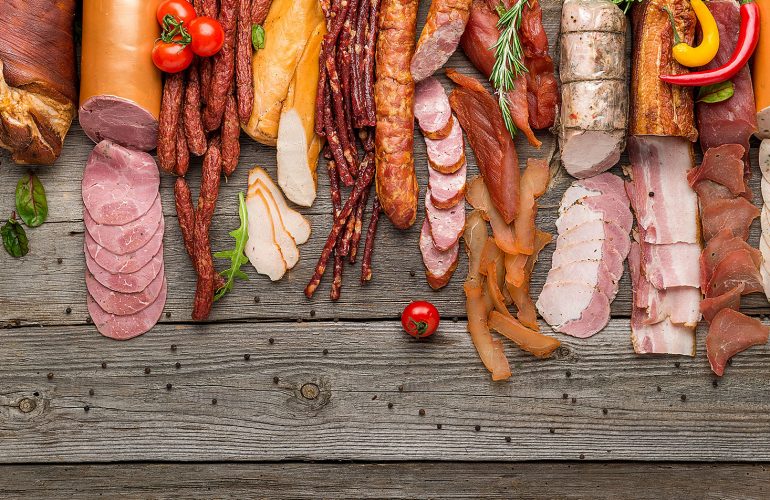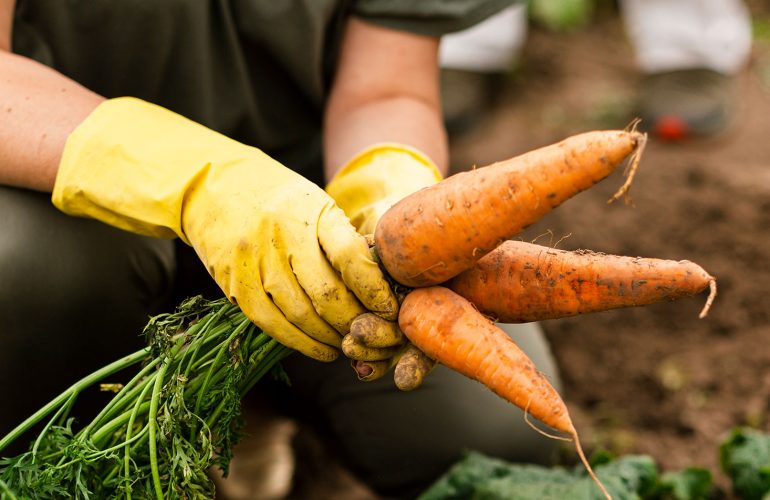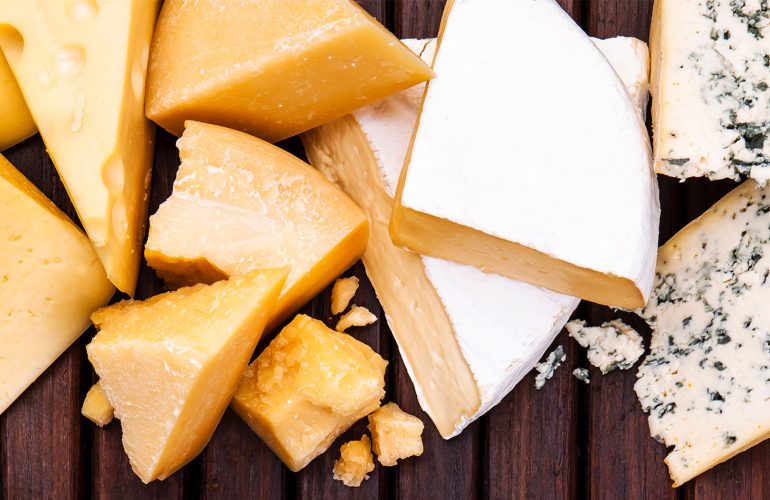Recycling
Recycling involves the recovery of secondary raw materials and their reprocessing for the production of a material with original or alternative application. This allows to reuse, even several times, the substances found in waste or specific materials.
Thanks to processing secondary raw materials, we limit the use of primary resources, contributing to the conservation of natural resources. Recovery and processing also reduces the quantity of waste and, hence, minimizes the space required for storage in landfills. Finally, the use of raw materials, which are the carriers of energy, must be considered in terms of lean energy management. The basic principle of recycling is to maximize the reuse of the same materials, using the minimum amount of raw materials and energy required for reprocessing.
What is recyclable?
Household waste should be collected and transferred to labelled containers, while ensuring segregation by type of material. In municipalities, it is most common to segregate by containers. Municipal waste suitable for processing can be divided into 4 basic groups: paper, plastic, glass, metals.
Paper is produced in the world in the amount of 318 million tons per year. The use of recycled paper limits the exploitation of timber from the forests. A ton of recycled paper saves 17 trees. Thanks to processing recycled paper we save water, reduce air pollution by paper mills and gain space for landfills. A reused ton of paper amounts to the saving of 1476 litres of oil, 26 thousand litres of water and 7 m3 of space in a landfill.
The production of paper from recycled paper reduces energy consumption by 75 %, air pollution by 74% and the amount of industrial waste by 35 %. The collection of paper and recycled paper is carried out in containers marked blue.
Plastic materials, derived from crude oil, are dangerous for the natural environment as their decomposition process may take even a few thousand years. Abandoned, unprocessed waste releases toxic substances, which then penetrate the soil and groundwater. It is also hazardous to self-handedly burn plastic materials as toxic substances are released. This is why it is important to process plastic materials.
In Poland, over 100 thousand tons of plastic bottles alone is scrapped on an annual basis, of which only 140 tons is recovered.
PET packagings can be processed to obtain fibre and yarns, plastic foils, fuel oils and even furniture. Collection is carried out in containers marked in yellow.
Glass is an excellent secondary raw material due to the fact that it can be processed without losses to serve as an identical packaging as before. Although glass waste does not pose a direct threat to the environment, their re-use involves environmental benefits.
The application of glass cullet eliminates the emission of carbon dioxide and toxic compounds, accompanying glass packages production. It also reduces the amount of such waste in landfills. The collection of glass is performed with the use of segregation containers, white for colourless glass and green for coloured glass.
Aluminium Waste is fully recyclable. The process can be repeated several times without loss in the quality of material.
Recycling of aluminium packaging in Poland is performed to a high standard. Last year, the rate of recycled metal reached 67%, which is higher than required. The use of waste aluminium is an environmental advantage because the production of aluminium from bauxite deposits is associated with the pollution of soil, water and air. Through aluminium recovery and recycling, air pollution is reduced by 95 %, water – by 97 %, and the energy consumption is reduced by 95 %. Metals are collected in containers marked in grey.
The reality in Poland and obligations towards EU
Each citizen of Poland produces in the course of the year 300 kg of waste bin, which on a national scale yields about 12 million tons of waste annually. The problem lies in the low level of selective collection of waste (in a statistical municipality it amounts from 2 to 5%). For example, in Sweden or Germany this level reaches more than 90 %. The EU established courses of action as regards waste management in member states back in 1975.
The law applicable in Poland is the Act on waste management of 2001 (Dz. U./ JoL of 2007 No. 39 item 251), which -in contrast to earlier provisions-is compatible with EU law. Commitment to EU standards requires of us the adjustment of waste management system. By 2015, the recovery of waste in Poland must reach 60%, and recycling – a minimum of 55%.


